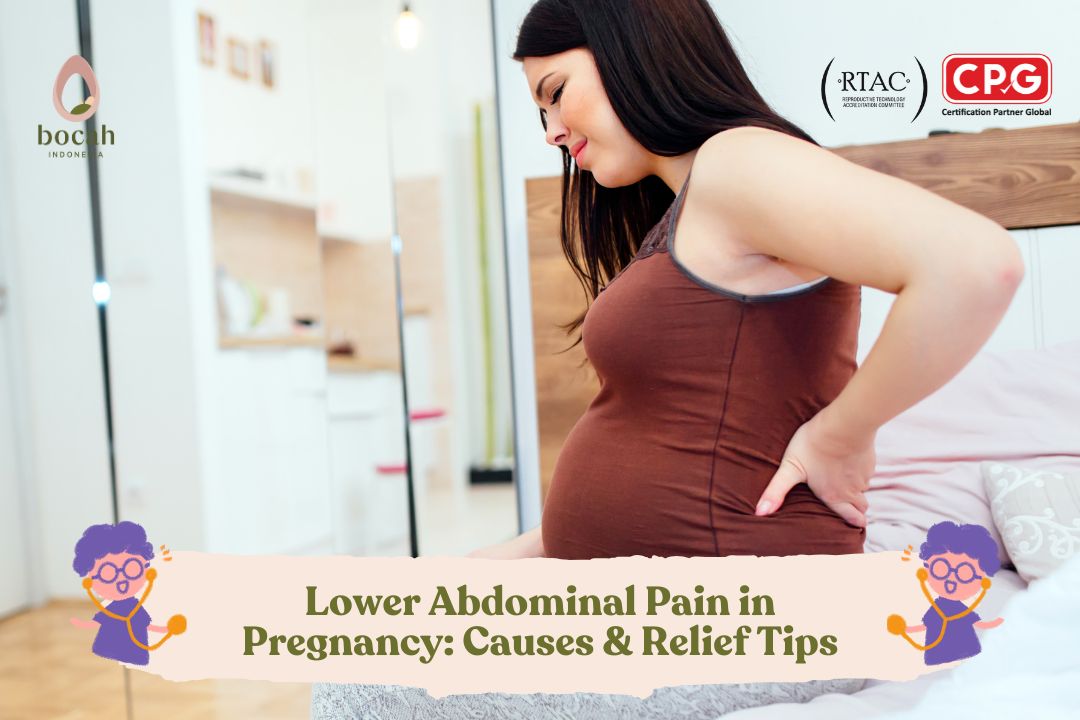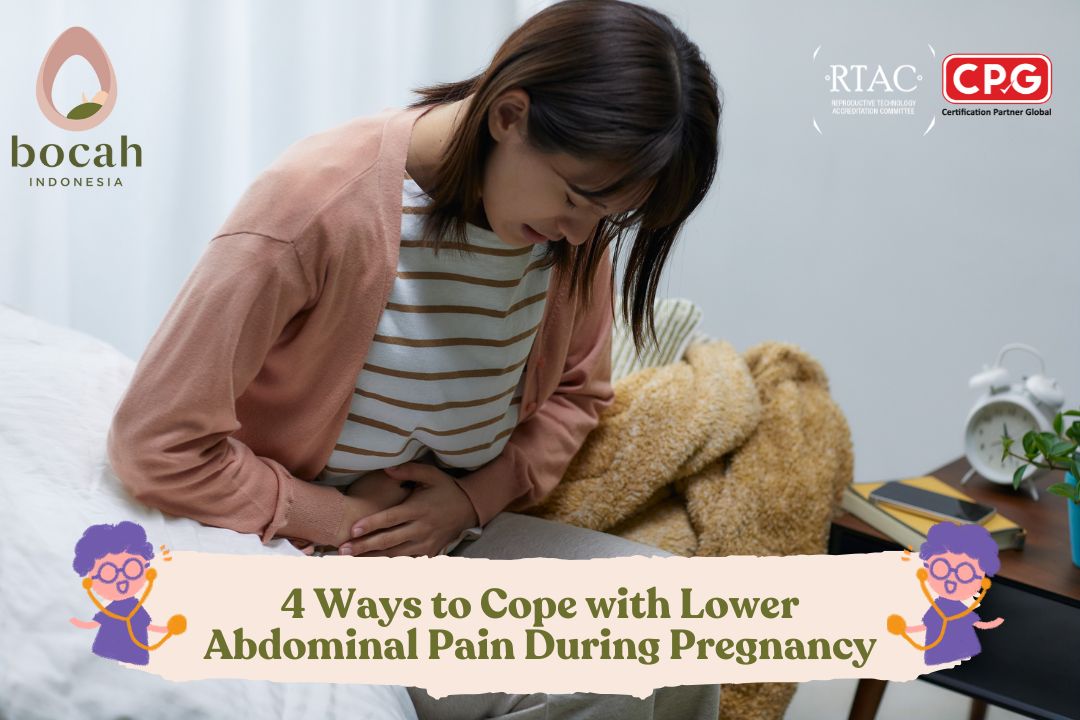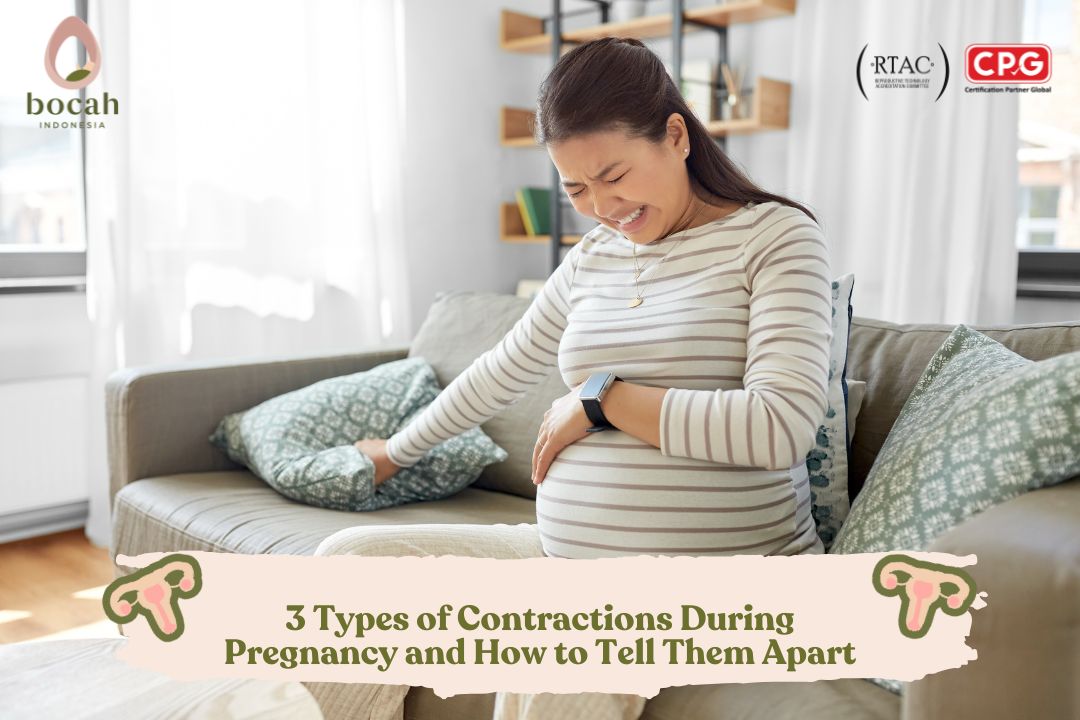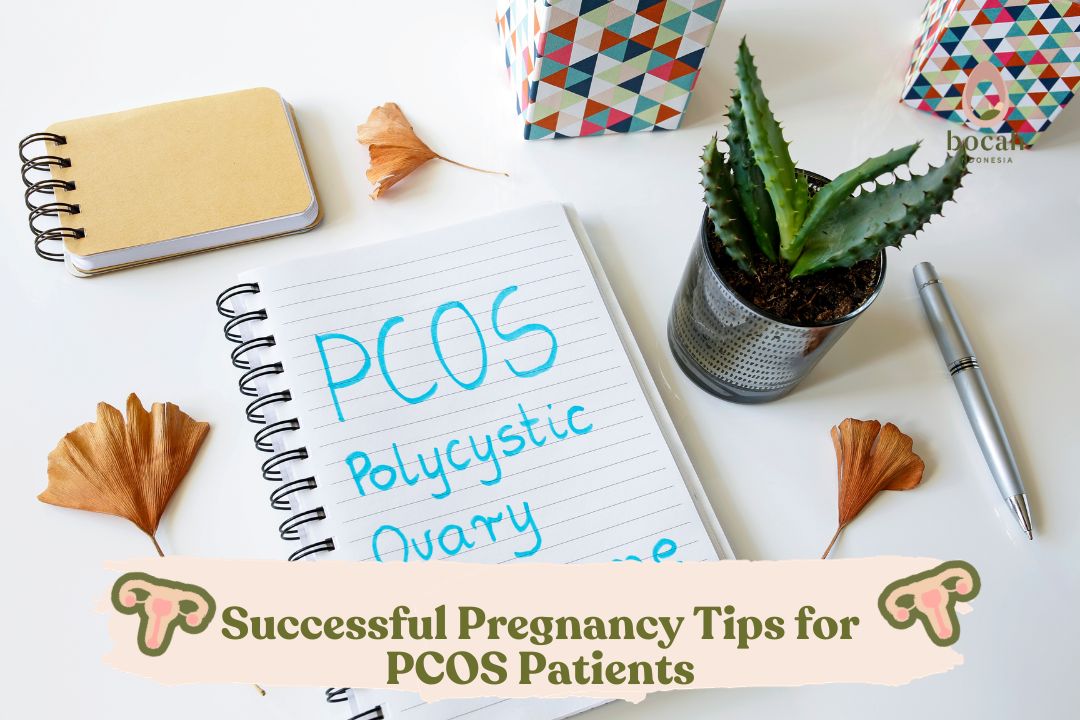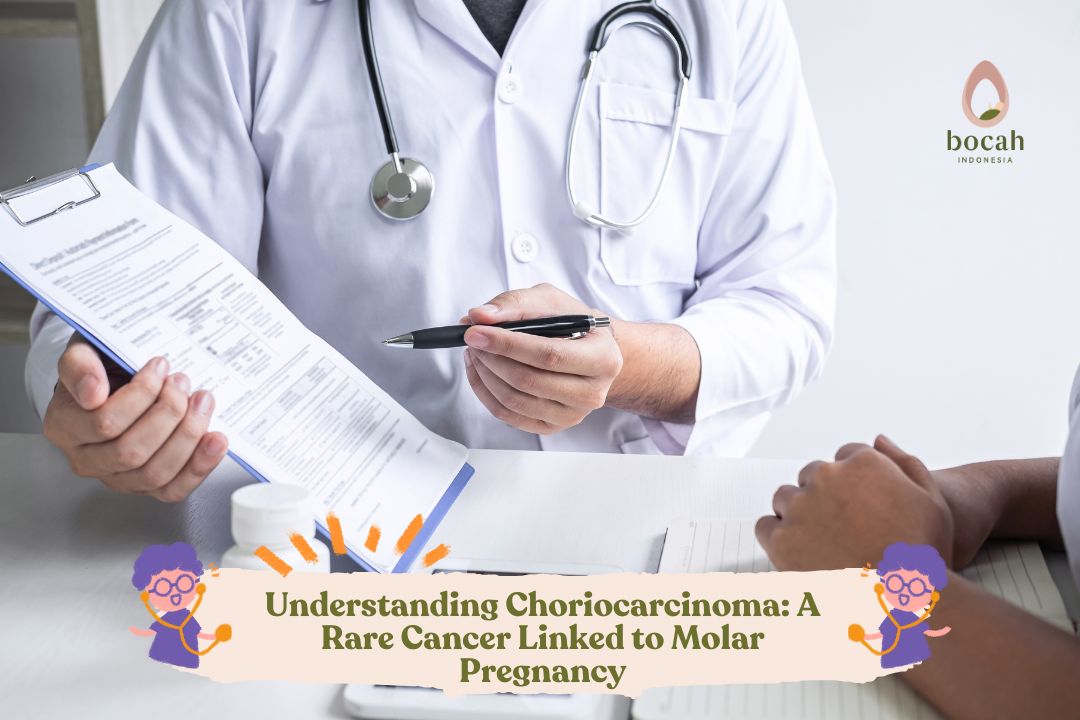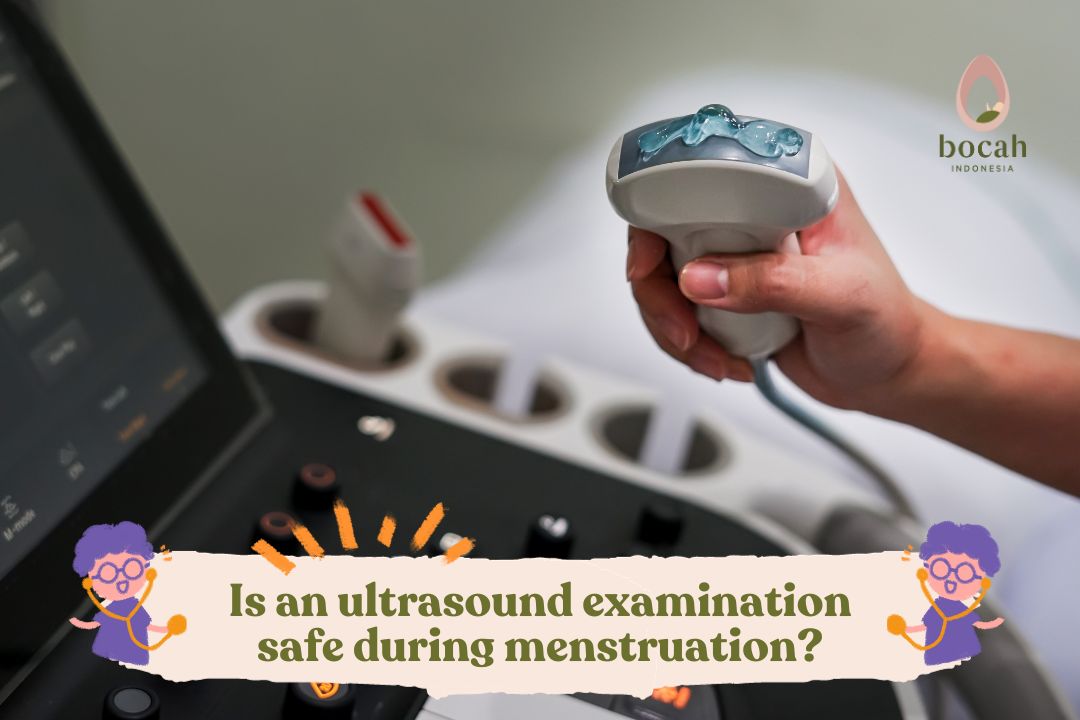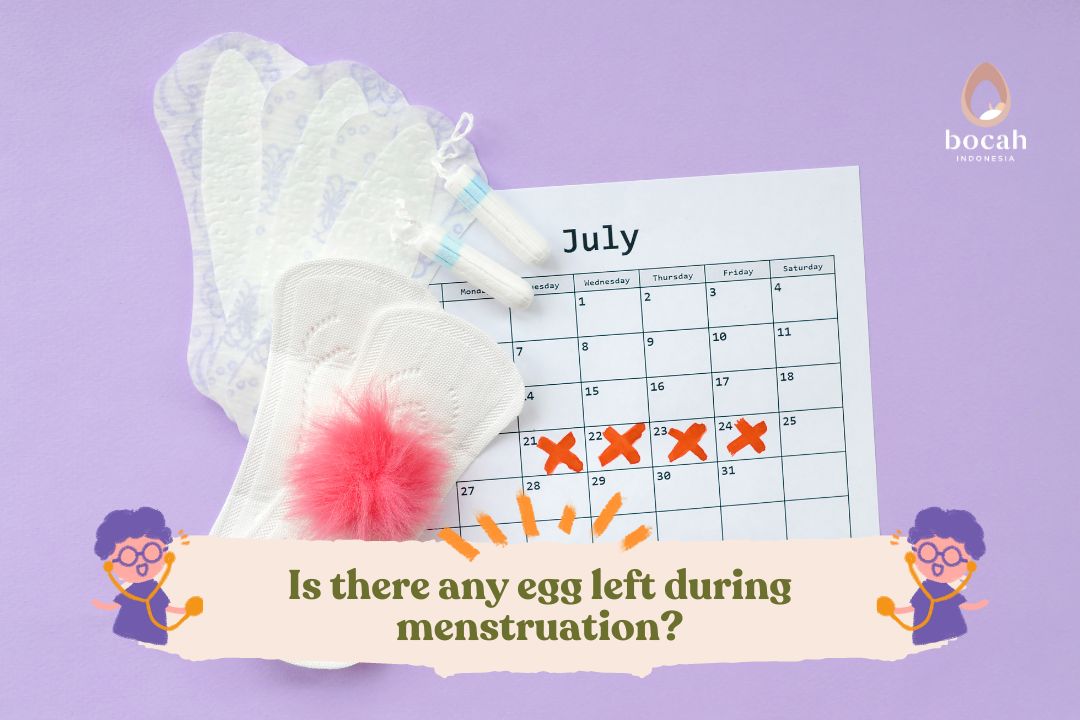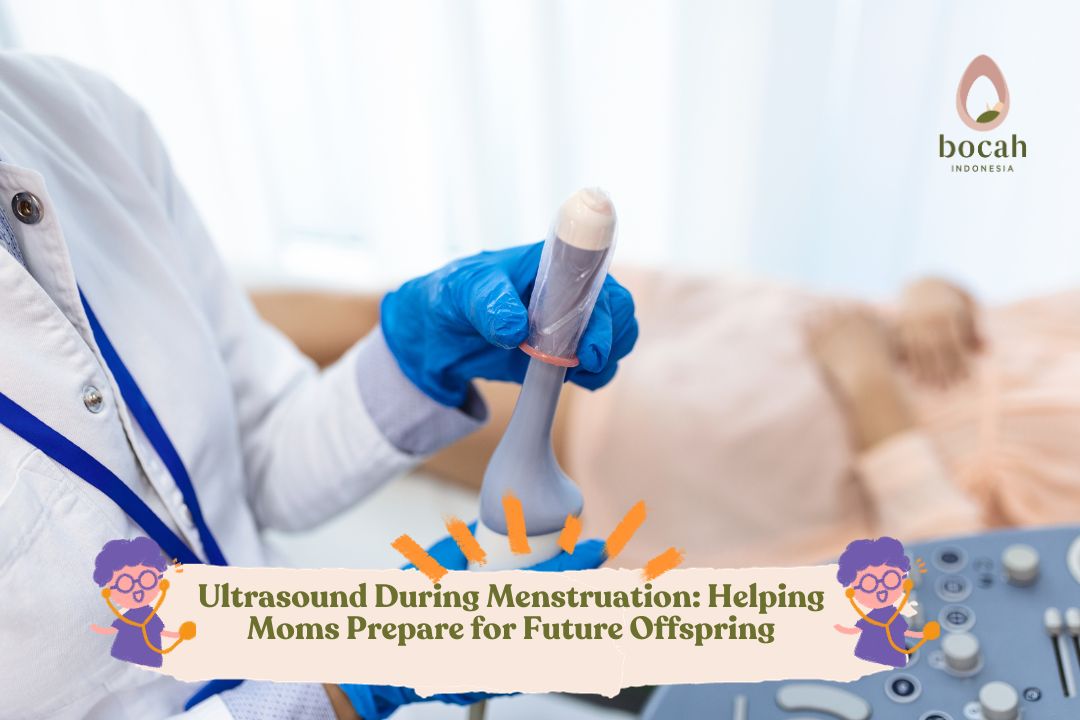Hemorrhoids During Pregnancy: Quick Healing Tips
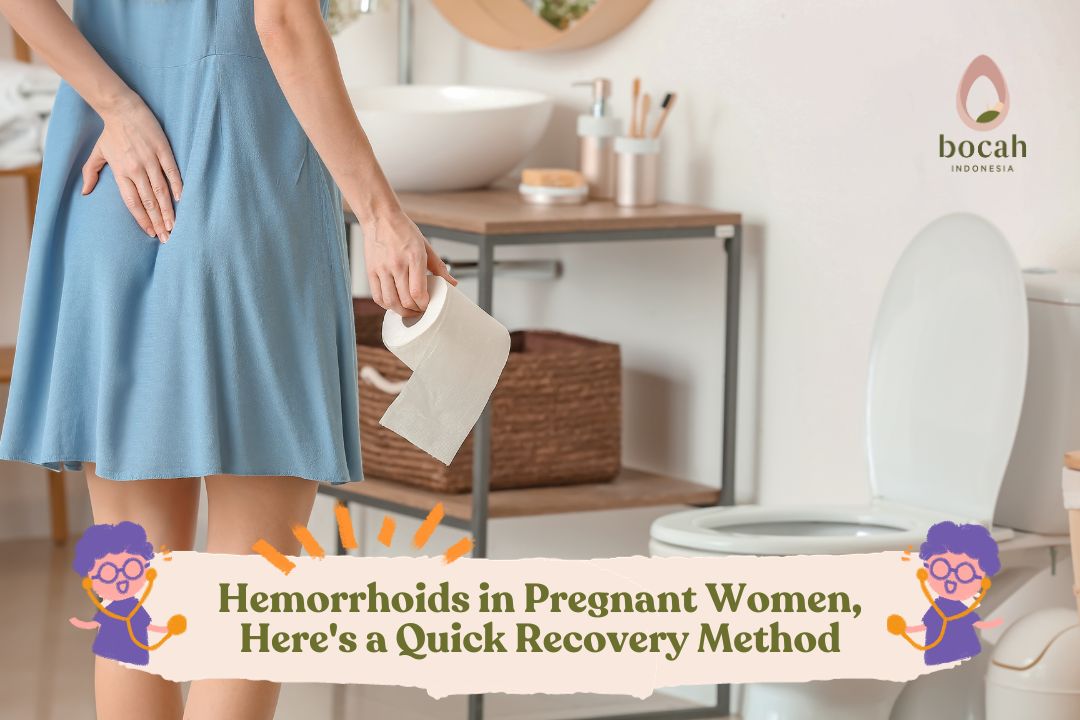
Although not considered dangerous, hemorrhoids during pregnancy can cause discomfort. Treatment of hemorrhoids during pregnancy should also be done with caution.
Hemorrhoids, also known as piles, are swollen blood vessels around the anus that can cause discomfort, even pain during bowel movements.
This condition is quite common during pregnancy due to increased pressure on blood vessels in the pelvic area.
It’s important to remember that during pregnancy, the use of medications should be done very carefully and only under a doctor’s supervision.
Before using any medication, including over-the-counter drugs or herbal supplements, pregnant women should consult with a doctor or midwife.
Tanya Mincah tentang Promil?
Facts About Hemorrhoids in Pregnant Women
Hemorrhoids are swollen blood vessels in or near the anus. These blood vessels can be outside the anus (external hemorrhoids) or sometimes inside the rectum, the part of the large intestine that leads to the anus (internal hemorrhoids).
Inside or outside, hemorrhoids are uncomfortable. Anyone can experience hemorrhoids, but pregnant women are at a higher risk. This is because the additional weight of the developing fetus and hormonal changes that support pregnancy increase the likelihood of mothers having hemorrhoids.
According to a journal published in the National Library of Medicine, about 30% to 40% of pregnant women experience hemorrhoids. Hemorrhoids in pregnant women often occur in the third trimester and usually continue for about a month after childbirth.
Signs of Hemorrhoids in Pregnant Women
Symptoms of hemorrhoids in pregnant women can vary, some are mild, while others require treatment. These symptoms include:
1. Pain During Bowel Movements
Pain or discomfort during bowel movements is a common symptom of hemorrhoids. It can feel like a burning or pressing sensation.
2. Itching Around the Anus
Itchy sensations around the anus can occur due to irritation from hemorrhoids or discomfort caused by swelling.
3. Bleeding
Bleeding can occur during bowel movements. Pregnant women may find blood in the toilet, in their stool, or on toilet paper after cleaning the anus. This bleeding usually comes from internal hemorrhoids.
4. Hemorrhoid Prolapse
This is when internal hemorrhoids or inner hemorrhoids protrude or fall outside the anus. It can be very painful and sometimes requires medical attention.
5. Swelling
Hemorrhoids can become swollen and enlarged, especially when sitting or straining during bowel movements.
6. Discomfort
Pregnant women may feel a foreign object or lump around the anus, which can eventually become uncomfortable when sitting or walking.
It’s important to always consult a doctor if you experience hemorrhoid symptoms during pregnancy. Your doctor can provide appropriate treatment and care to address this issue and ensure the health of both you and your baby.
Causes of Hemorrhoids in Pregnant Women
Hemorrhoids in pregnant women can be caused by several factors, including:
1. Pressure on the Pelvic Area
During pregnancy, the growth of the fetus and the uterus can exert additional pressure on the pelvic and rectal areas. This pressure can cause blood vessels around the anus to enlarge and become hemorrhoids.
2. Hormonal Changes
Hormonal changes that occur during pregnancy can affect bowel function and make bowel movements more difficult. This can lead to constipation, which in turn increases the risk of hemorrhoids.
3. Increased Blood Volume
During pregnancy, the volume of blood in the body increases to support the developing fetus. This can put more pressure on blood vessels, including those around the anus.
4. Straining During Bowel Movements
When experiencing constipation, pregnant women may tend to strain during bowel movements. This can increase pressure on the blood vessels in the anal area, leading to the development of hemorrhoids.
5. Lack of Physical Activity
Some pregnant women may become less physically active during pregnancy, which can slow down bowel movements and increase the risk of constipation and hemorrhoids.
6. Genetic Factors and Family History
Some individuals may have a genetic predisposition to developing hemorrhoids, and a family history of this condition can also increase the risk.
It’s important to remember that while hemorrhoids during pregnancy are common, they can be managed and treated by making lifestyle changes, adopting a proper diet, and if necessary, following medical treatment recommended by a doctor.
Treating Hemorrhoids During Pregnancy
It’s important for both mothers and fathers to remember that treating hemorrhoids during pregnancy should always be consulted with a doctor to ensure the safety of the mother and baby. Here are some common ways to treat hemorrhoids during pregnancy:
1. Lifestyle Changes
There are several things you can do to prevent hemorrhoid flare-ups, including:
- Increasing dietary fiber intake. Fiber helps soften stool and prevents constipation, which can worsen hemorrhoids.
- Drinking enough water daily to stay hydrated.
- Avoiding straining during bowel movements. Try to have regular bowel movements without delaying them.
- Not sitting or standing for too long. Try lying down or taking short walks to reduce pressure on the pelvic area.
- Avoiding heavy lifting.
2. Over-the-Counter (OTC) Medications
To manage hemorrhoids during pregnancy, some over-the-counter creams or ointments for hemorrhoids available at pharmacies can help relieve itching, inflammation, and pain. However, before applying or taking any medication, ensure you have received approval from your doctor.
3. Warm Water Baths
Soaking in warm water for about 15-20 minutes several times a day can provide temporary relief from hemorrhoid symptoms.
4. Laxatives
If experiencing severe constipation, consult your doctor about safe laxatives to use during pregnancy.
5. Cold or Warm Compresses
Applying a cold compress or a clean towel soaked in warm water to the affected area can help reduce inflammation and pain in the anal area.
6. Consultation with a Doctor
If hemorrhoid symptoms are severe or do not improve after lifestyle changes and home treatments, consult a healthcare provider or doctor promptly. They may prescribe other treatments or refer you to a specialist if needed.
Always discuss treatment options with a doctor because some actions or medications may not be safe during pregnancy. The appropriate course of action will depend on the severity of the hemorrhoid symptoms you are experiencing.
That concludes the explanation of hemorrhoids in pregnant women and how to address them. If you want to read more information about pregnancy programs and fertility issues, you can explore other articles on Bocah Indonesia.
Source:
- BJOG. 2014;121(13):1666-1671. Poskus T, Buzinskienė D, Drasutiene G, et al. Haemorrhoids and anal fissures during pregnancy and after childbirth: a prospective cohort study. Diakses 2023. https://pubmed.ncbi.nlm.nih.gov/24810254/
- Can Fam Physician. 2008;54(2):189-190. Staroselsky A, Nava-Ocampo AA, Vohra S, Koren G. Hemorrhoids in pregnancy. Diakses 2023. https://pubmed.ncbi.nlm.nih.gov/18272631/
- BMJ Clin Evid. 2010:1411. Vazquez JC. Constipation, haemorrhoids, and heartburn in pregnancy. Diakses 2023. https://pubmed.ncbi.nlm.nih.gov/21418682/
- https://my.clevelandclinic.org/health/diseases/23498-pregnancy-hemorrhoids
- Keyword: ciri-ciri ambien pada ibu hamil


